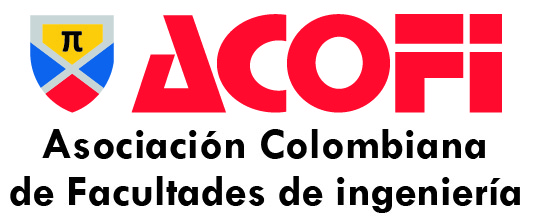Desarrollo de la metodología de aprendizaje basado en problemas en un curso de ingeniería
DOI:
https://doi.org/10.26507/rei.v15n30.1122Keywords:
Problem Based Learning, Critical ThinkingAbstract
Abstract—Careers related to science, technology, engineering and math topics are more than ever experimenting with new methodologies to teach classes. Even though the problem-based methodology is not new, many universities have not yet developed specific procedures that fit the courses content. This report details the experimental methodology that is intended to be applied in the Probability and Descriptive Statistics course that is common for all engineering careers at a private university in Costa Rica. In this first stage, it is found that around 50% of the students support the methodology and recommend it for other courses. In the short time of application of the methodology, there are no significant differences in the academic performance of the students, however the information collected is the main input for the development of new programs and professors training process in the PBL methodology.
Downloads
References
M. V. Echavarría, “Problem-Based Learning Application in Engineering”, Revista EIA, Número 14, p. 85-95, 2010.
T. Kuo-Hung, C. Chi-Cheng, L. Shi-Jer, C. Weng-Ping, “Attitudes towards science, technology, engineering and mathematics (STEM) in a project based learning environment”, International Journal of Technology and Design Education. Vol. 23, pp. 87-102, 2013.
D. Jonassen, “Supporting Problem Solving in PBL”, Interdisciplinary Journal of Problem Based Learning, Vol. 5, No.2, 2011.
K. Yusof, Z. Tasir, J. Harun, S. A. Helmi, “Promoting Problem-Based Learning (PBL) in Engineering Courses at the Universiti Teknologi Malaysia”, Global Journal of Engineering Education. Vol. 9, No. 2, pp. 175-184, 2005.
E. Yew y K. Goh, “Problem-Based Learning: An overview of its process and impact on learning”. Science Direct. Vol 2, pp. 75-79, 2016.
L. Budé, T. Imbos, M. J. V. D. Wiel, M. Berger, “The effect of directive tutor guidance in problem-based learning of statistics on students, perceptions and achievements”. High Education. Vol. 57, pp. 23-36, 2009.
S. Tharayil, M. Borrego, M. Prince, K. Nguyen, P. Shekhar, C. Finelli, C. Waters, “Strategies to mitigate student resistance to active learning”, International Journal of STEM Education. Vol. 5, No. 7, pp. 1-16. 2018.
A. Masek, S. Yamin, “The effect of problem-based learning on critical thinking hability: a theoretical and empirical review”, International Review of Social Sciences and Humanities, Vol. 2, No. 1, pp. 215-221, 2011.
S. Olivares, Y. Heredia, “Desarrollo del pensamiento crítico en ambientes de aprendizaje basado en problemas en estudiantes de educación superior”, Revista Mexicana de Investigación Educativa, Vol. 17, No. 54, pp. 759-778, 2012.
S. Betancourth, K. T. Muñoz, T. J. Rosas, “Evaluación del pensamiento crítico en estudiantes de educación superior de la región de Atacama-Chile”, Prospectiva. Revista de Trabajo Social e Intervención Social, No 23. pp. 199-223, Enero-Junio 2017.
R. M. Bernard, D. Zhang, P. C. Abrami, F. Sicoly, E. Borokhovski, M. A. Surkes, “Exploring the structure of the Watson&Glaser Critical Thinking Appraisal: One scale or meny subscales?”, Thinking Skills and Creativity, Vol. 3, No. 1, pp. 15-22, 2008.
E. de Mangione, H. de Anglat, “Evaluación de la competencia crítica a través del test de Watson-Glaser. Exploración de sus cualidades psicométricas”, Revista de Psicología, Vol. 3, No. 6, pp. 1-14 (2007).
C. J. Ossa-Cornejo et al “Análisis de Instrumentos de medición del pensamiento crítico”, Ciencias Psicológicas, Vol. 11, No. 1, pp. 19 – 28, 2017.
Downloads
Published
How to Cite
Issue
Section
License
Total or partial reproduction of the documents published in the journal is authorized only when the source and author are cited.
| Article metrics | |
|---|---|
| Abstract views | |
| Galley vies | |
| PDF Views | |
| HTML views | |
| Other views | |









